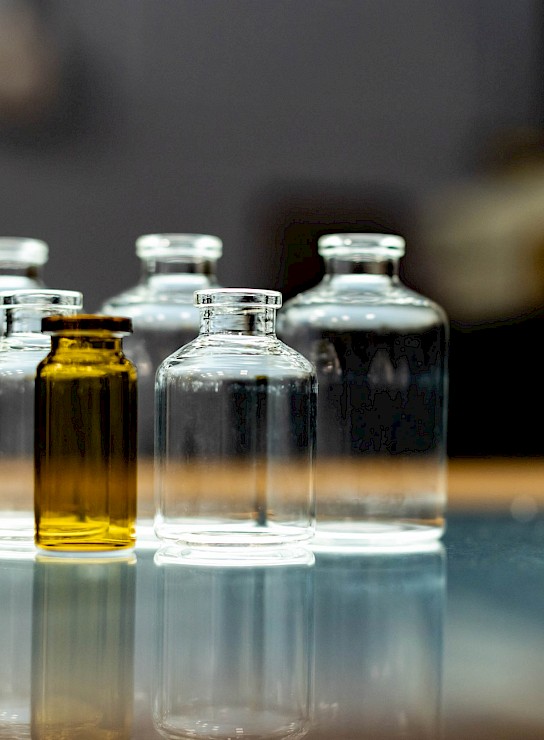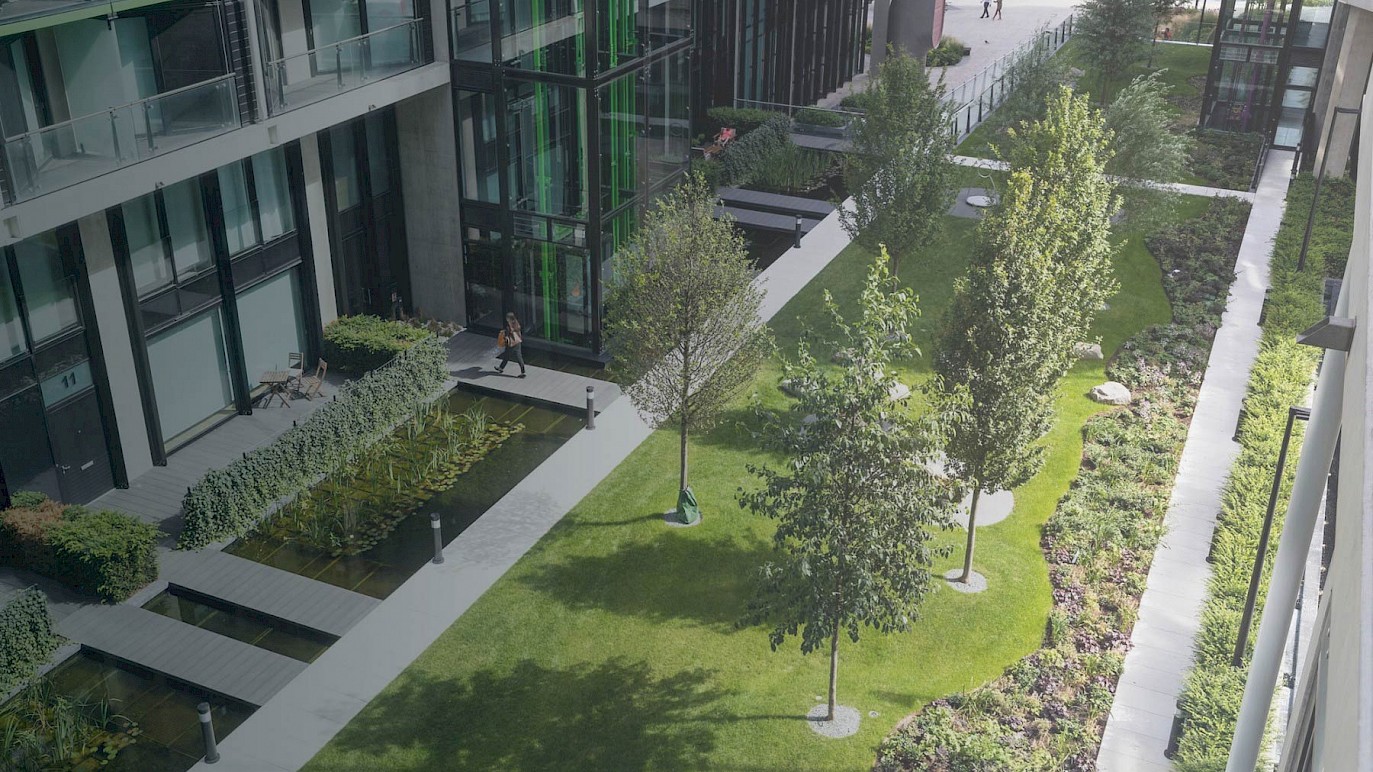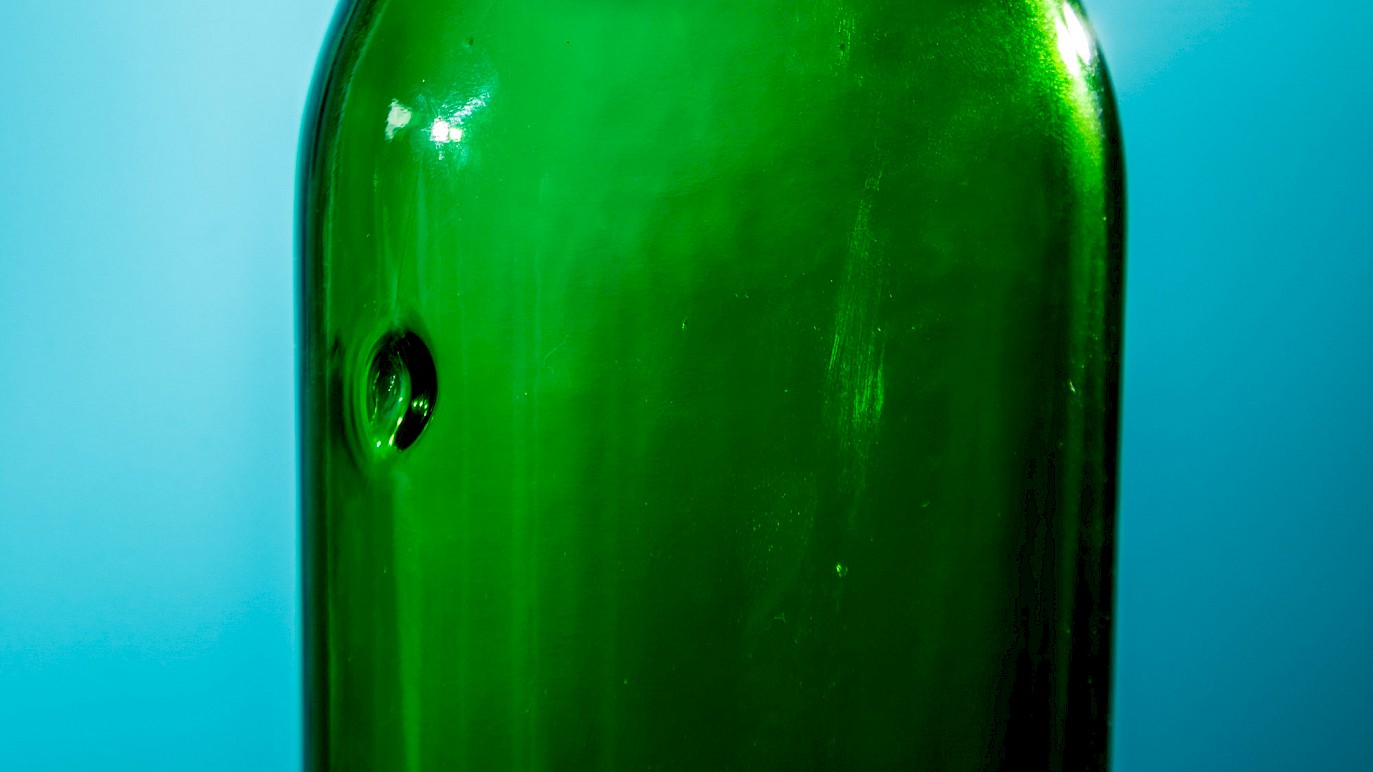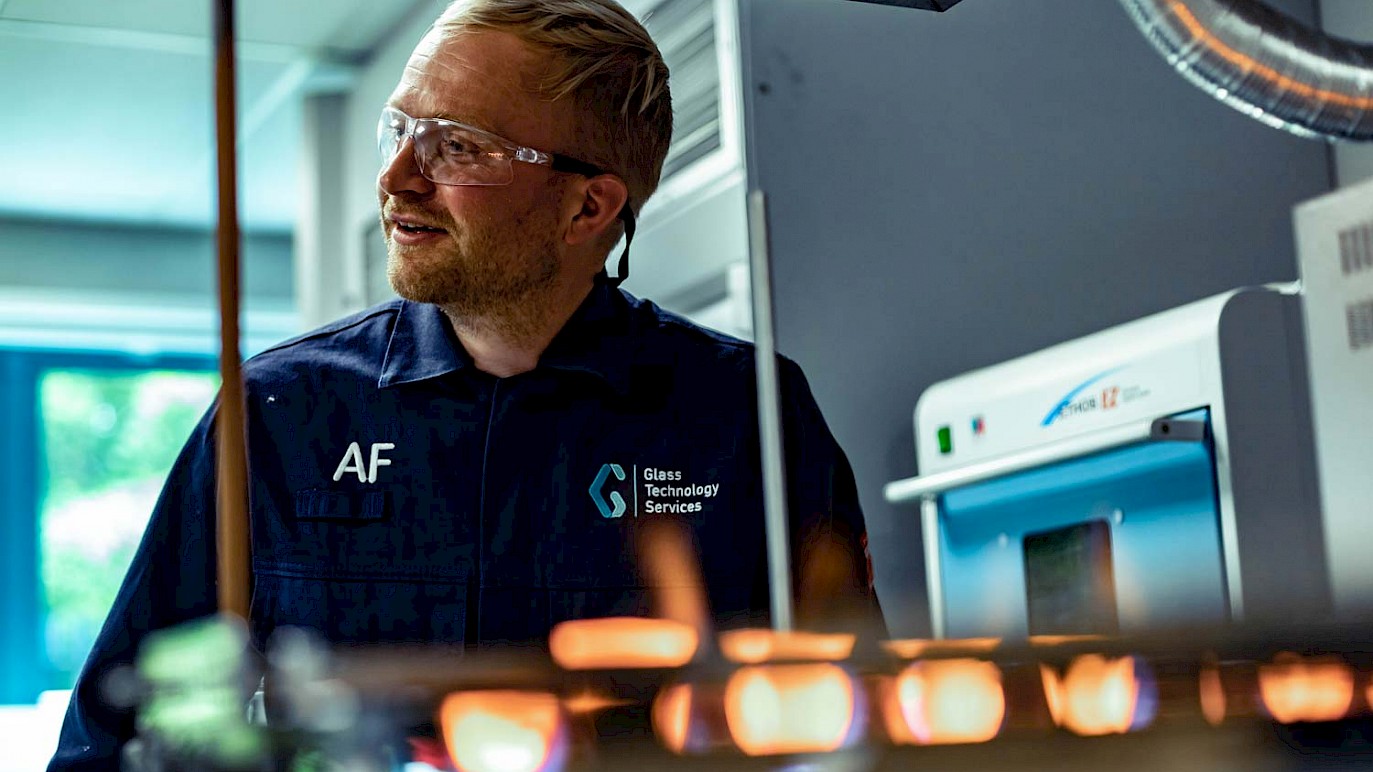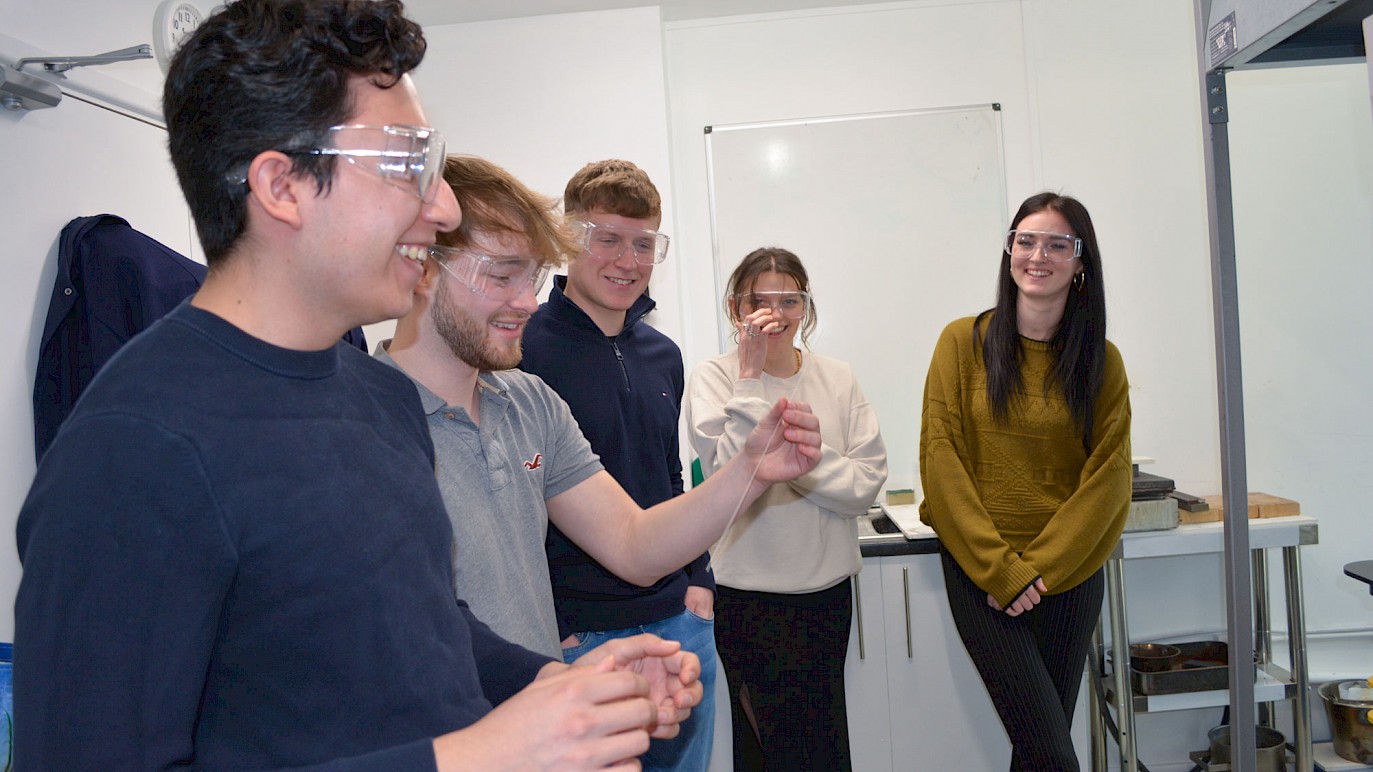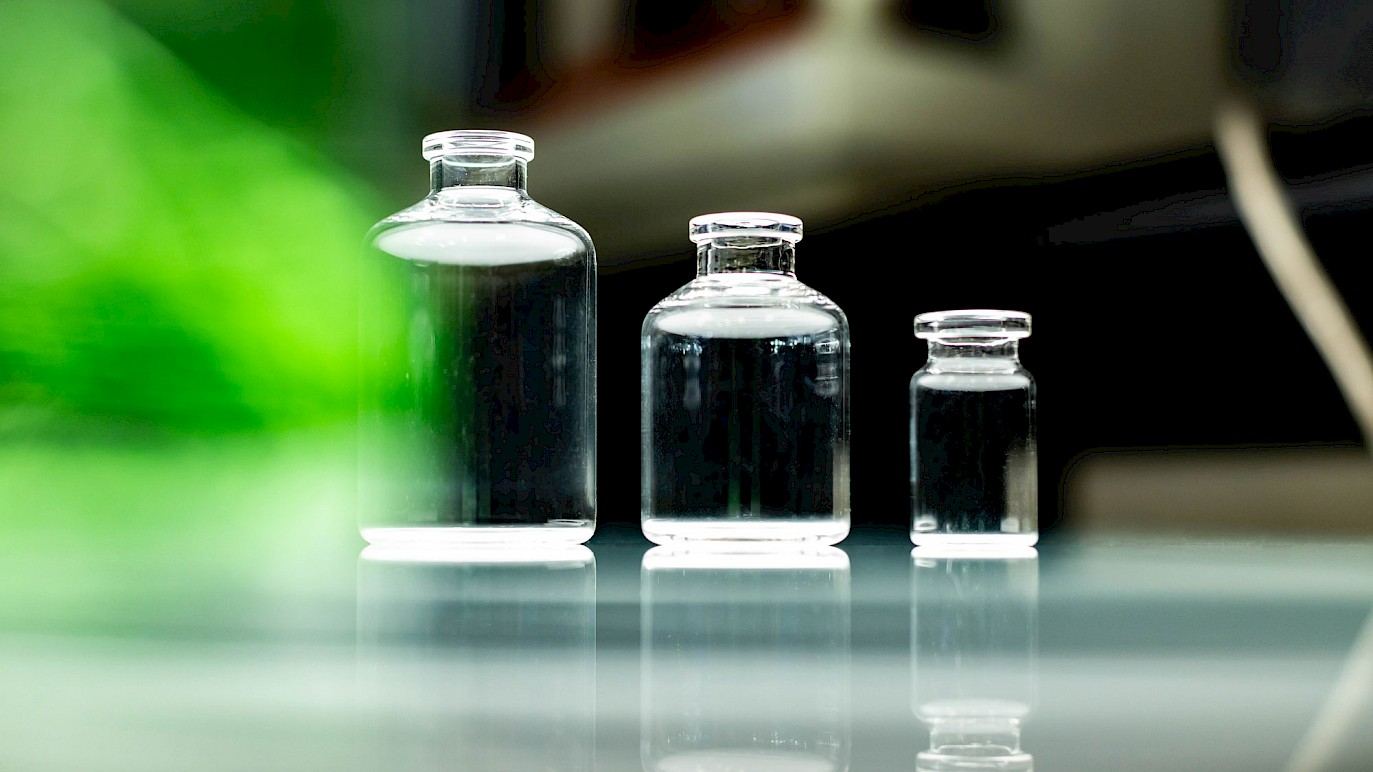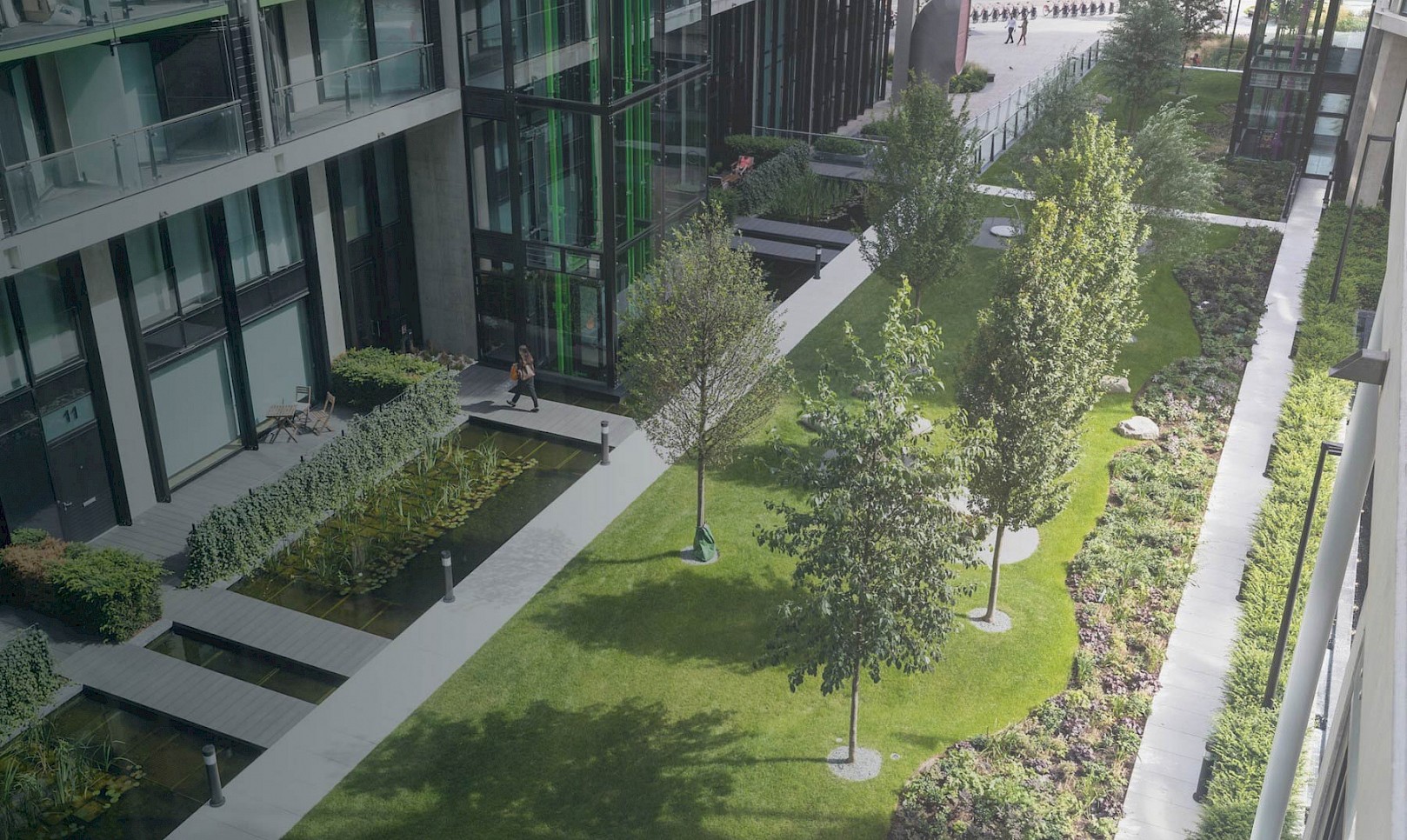
Glass is one of the most sustainable packaging materials on earth. It’s 100% recyclable and can be infinitely recycled without ever deteriorating in quality, helping to reduce waste and save valuable natural resources.
Packaging made from glass does not impact the taste of products and does not leach any chemicals because of its inert nature and the absence of a plastic layer. This makes it a great and sustainable choice for packaging products such as food, beverages, pharmaceuticals and cosmetics.
In this blog, our glass experts take a comprehensive look at the main reasons why glass is so sustainable as a packaging material and why recycling glass is so important.
Is glass packaging sustainable?
Glass packaging is one of the most sustainable options, and used glass containers should be considered a valuable resource or raw material rather than waste.
Here are six reasons why choosing glass packaging or glass bottles is a sustainable and environmentally friendly choice for your products.
Glass is made of sustainably sourced materials
Glass is made from raw materials, such as limestone, soda ash and sand. Most glass containers are also partially made from recycled glass (cullet). Natural raw materials can often be sustainably and locally sourced, reducing the environmental impact.
Glass is endlessly recyclable with no deterioration in quality
Unlike many other packaging materials, glass can be infinitely recycled in a closed loop with no deterioration in quality. Although other packaging options can be recycled, many can only be recycled once or twice before the materials need to be downcycled.
In the EU, nearly 80% of all glass bottles are collected for recycling under Extended Producer Responsibility (EPR) schemes. New initiatives and projects (such as Close the Glass Loop) aim to increase the recycling rate to 90%.
Glass is a reusable, returnable and refillable material
Glass is not only infinitely recyclable, but this packaging material is also reusable, returnable, and refillable. Glass bottles can be used over 50 times without losing their quality before they are recycled into new glass containers at the end of their lives, creating a completely circular closed loop economy.
Refillable bottles have the lowest footprint of any type of beverage packaging in local markets (AB InBev ESG Report 2020), marketing them as a highly sustainable option for local, small-scale artisanal production.
Glass composition is the same or similar worldwide
Glass bottles and containers have the same or similar composition and makeup regardless of where they were manufactured. This means that glass containers manufactured outside the UK can still be melted down to make new glass.
Glass packaging contributes to the circular economy
Because it can be recycled and manufactured in a continuous loop by local manufacturing plants, glass packaging contributes to the circular economy. Manufacturing glass (including glass made from recycled glass) provides around 120,000 job opportunities in the UK.
Why recycle glass?
Recycling glass packaging saves natural resources, conserves energy and reduces carbon emissions. In the UK in 2021, we achieved an excellent 73.6% recycling rate for glass packaging, and the current target proposed by DEFRA for 2030 is 83%.
However, the UK still needs to catch up to many EU countries in terms of closed-loop recycling, which makes it clear that more needs to be done. For a more in-depth look at recycling glass in the UK, watch our webinar, ‘Glass and the environment’.
Here’s an overview of three reasons recycling is an important part of this sustainable packaging material.
Recycling glass saves natural resources
The more glass containers that are correctly collected, the more cullet (recycled glass) can be used to manufacture new glass containers. This means fewer raw materials are needed in the glass supply chain. Glass recycling helps save over 12 million tonnes of virgin raw materials yearly.
Recycling glass saves energy
Recycling glass also helps to save energy during the manufacturing process. The more cullet (recycled glass) is used, the less energy is required. This is because cullet melts at a much lower temperature than raw materials, requiring less energy. In fact, cullet takes around 25% less energy to melt than raw materials.
Recycling glass reduces CO₂
Recycling glass helps to lower carbon emissions and reduces your company's carbon footprint. In general, we save around 580 kg of CO₂ per tonne of cullet that’s melted down. This equates to approximately 600,000 tonnes of CO₂ savings annually in the UK.
Sustainability services from Glass Technology Services
We’re an independent organisation with no links or allegiance to technology suppliers. This allows us to offer unparalleled advice and guidance on the sustainability credentials of your glass products and production processes.
The team at Glass Technology Services can help you increase recycled glass content, create more sustainable glass packaging, and optimise your glass manufacturing process to increase efficiency and reduce environmental impact.
For more information about our sustainability services, feel free to speak to our team. We’ll happily answer any questions you may have about the sustainability of glass packaging.
Free webinar: how to make your glass packaging more sustainable
Get access to the webinar